 Hi. Thanks for taking the time to read this. We are on a journey of change from an unhealthy pattern of ‘exits’ from our life to a healthier pattern of facing and processing difficulties. How do we do this exactly? Today I want to give you a method of working with your weakness! By the time you have read this you will have a better grasp on what is going on during your cycle of addiction!
Hi. Thanks for taking the time to read this. We are on a journey of change from an unhealthy pattern of ‘exits’ from our life to a healthier pattern of facing and processing difficulties. How do we do this exactly? Today I want to give you a method of working with your weakness! By the time you have read this you will have a better grasp on what is going on during your cycle of addiction!
To understand this cycle of addiction we should first place it in a context. I want you to think of your time in active addiction. This may be unpleasant and you may be trying to get away from these times and thoughts, but we need to apply a recovery principle here.
Recovery principle – We learn more from our failures than our successes (see ‘the recovery box’ podcast for more on this)
We want to feel better and so we would rather focus on our successes but all the learning is in the failure! I often put it this way to my clients
“Your life is like a house with a lovely looking front garden with sweet smelling roses, we can spend our time there and it will feel great, but we need to be in the back garden where it is a mess and it stinks. If you are brave enough to go there I will go with you”
So how does this apply to this cycle idea? Your cycle is part of your failure to recover. It is the cyclical process by which your addiction kept you trapped. And you need to understand it in order to break it!
Like any chain we break it at its weakest point. But first we need to draw it.
Take a blank page and draw a circle as big as the page will allow. If you think of this as a clock face then start at 12 o clock and go around clockwise. Here are a few questions to ask yourself before you start.
1 How long does it take to get around my cycle? If you start at 12 o clock from the day that you are at your best, maybe clean and sober and wanting to do better, how long does it take you to get back to that day? So this would include all your effort, all your mistakes, all your frustration, all your using, all your drying out period. We need the complete cycle, this may last several months in some cases. If you are a binge drinker you may go six months between drinks, you may then drink for a week and then spend several weeks in hospital. If you are a drug user your cycle may be much shorter. If you are a gambler do not include paying back any moneys, just go up to the day you decide to get better. If you are addicted to internet porn your cycle could be 24 hours or less.
2 What is my main focus? There are several forms this cycle drawing could take. It is all useful and you could complete several versions with different information on each. For instance your first cycle may mainly be about when you are feeling good and when that changes and you started to struggle, or it may just be about your using time. Whichever one you look at it is important that you raise your awareness (See ‘AAA’ podcast for more details)
3 At what point could I change this cycle? Look for the weak point, that moment where you feel you could break this chain (See ‘the moment of temptation’ podcast for more on this)
Now draw your cycle, divide the circle up into hours, days weeks or months, whichever is appropriate for your length of cycle and then just start adding information as it comes to you. Use different colours if you have them and start again if it gets too full, but keep all the versions! When you have finished, do another from a different point of view such as positivity or resentment levels or relationship quality etc.
How does this help? Once you have this information you can start to know yourself better, your weaknesses and your strengths. You are less likely to fall into traps and walk into difficulties because you start to see them coming. Later, all this information will be useful as you look into your past more deeply through one form of therapy or another.
Of course, like all these processes it is the commitment to practice that counts, not just the knowledge. I hope that helped you. Please email me with any questions.
Thanks again for taking the time today.




0 Comments